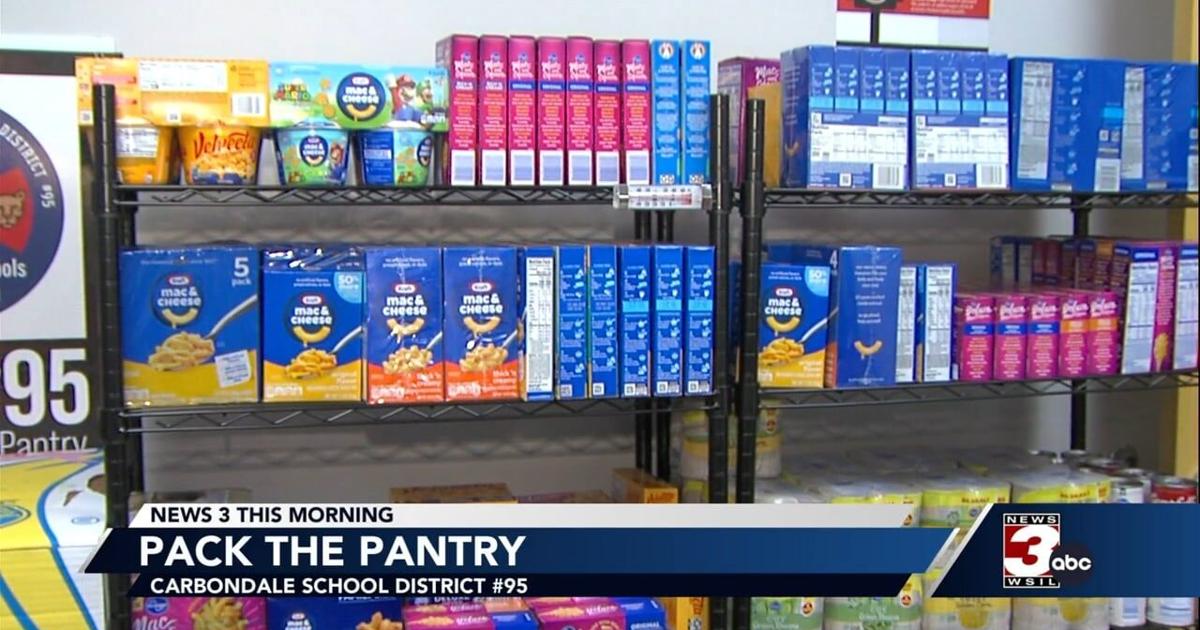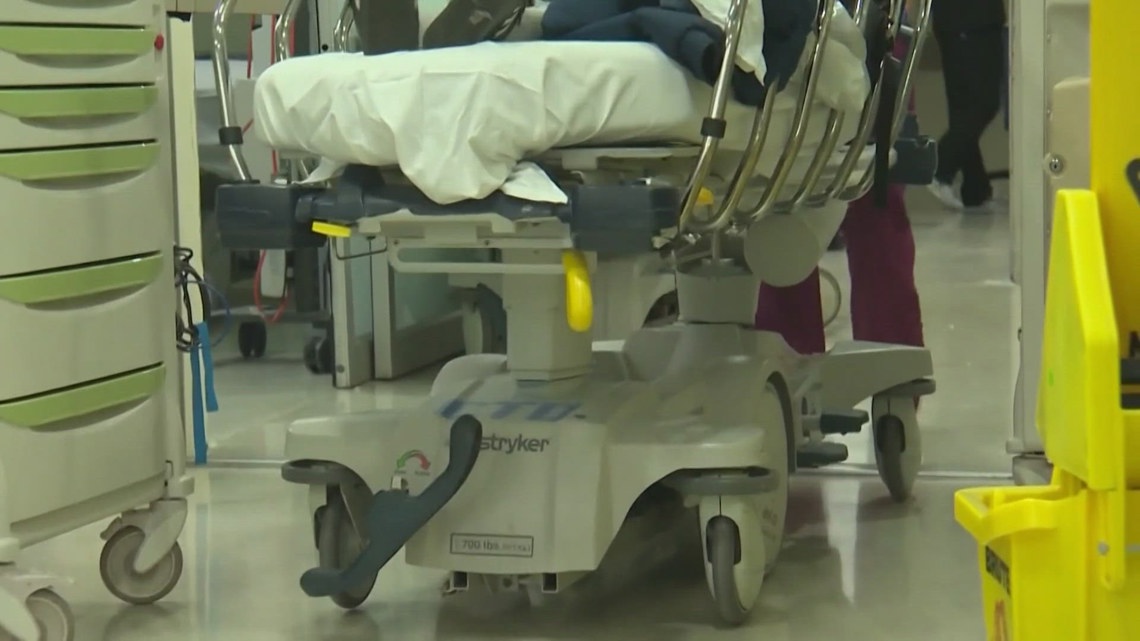
Title: Illinois Families Face Uncertainty Amid Federal Government Shutdown and Potential SNAP Benefits Loss
As the federal government shutdown enters its third week, the future of food assistance for millions of Americans hangs in the balance. In Illinois, state officials have raised alarms over the potential expiration of Supplemental Nutrition Assistance Program (SNAP) benefits, which could occur as early as November if the deadlock continues. Nearly two million residents in Illinois rely on SNAP, and the loss of these vital resources could have severe consequences.
In the city of Carbondale, local school leaders and community stakeholders stress the urgency of this situation, highlighting the increased importance of the newly established Family Resource Centers. Earlier this year, the Carbondale Elementary School District 95 embarked on an ambitious initiative known as the Full-Service Community Schools Initiative, supported by a substantial grant of million from ACT Now. This initiative aims to address the broad spectrum of needs that families face beyond the educational setting.
With the funds from the grant, two Family Resource Centers have been established—one at Lewis and Thomas Schools and another at Parrish School. These centers serve as vital hubs, connecting families with essential services such as food, clothing, counseling, and health resources. Dr. Marilynn Ross, the coordinator for the Lewis and Thomas center, emphasizes the overarching objective of this initiative: to foster a supportive environment by taking a holistic approach to family wellbeing.
“This initiative has been in the works for some time,” Dr. Ross explained. “Our focus is on supporting our families in every way possible, whether through food pantries, clothing assistance, laundry services, or access to dental care. The looming threat of SNAP benefits being cut only underscores the urgent need for these resources.”
Currently, the resource centers are well-stocked, largely due to generous community donations and a recent food drive at a local Kroger store. However, Ross cautions that supplies can deplete quickly and emphasizes the importance of establishing a continuous collection process rather than relying solely on periodic drives. “At one point, we were completely out of supplies, but our community rallied to support us. However, those donations need to be ongoing,” she stated.
At the Parrish School, Family Resource Coordinator Markida Roper highlighted the persistent nature of need in the community. Her team collaborates closely with teachers, social workers, and cafeteria staff to identify families requiring additional assistance. “We were aware of the significant challenges facing many families,” Roper said. “Transportation barriers and financial constraints often mean that children come to school without having eaten. Ensuring food availability for these families is a priority for us.”
Last weekend’s “Pack the Pantry” event resulted in a significant boost in stock, allowing the center to prepare food bags for over 90 families. However, Roper expressed concern about the growing demand for assistance, particularly if SNAP benefits are cut amid the ongoing shutdown. She stated, “If those benefits cease, it will have a direct and harsh impact on our families. We are prepared to rise to this challenge, but the need is increasing.”
District leaders view the resource centers as part of a broader strategy to deliver comprehensive support services, which encompass not only food assistance but also mental health care, dental services, and expanded collaboration with local nonprofit organizations.
Residents interested in contributing to the food drive or accessing resources can visit the District 95 website and navigate to the “Community Resource Schools” section for more information.
As uncertainty looms amid the federal shutdown, community initiatives such as these play an essential role in bridging the gap for families facing food insecurity and other fundamental challenges. The outcome of the government negotiations will be closely watched, as the repercussions are felt at the community level, impacting the wellbeing of countless families across Illinois.


